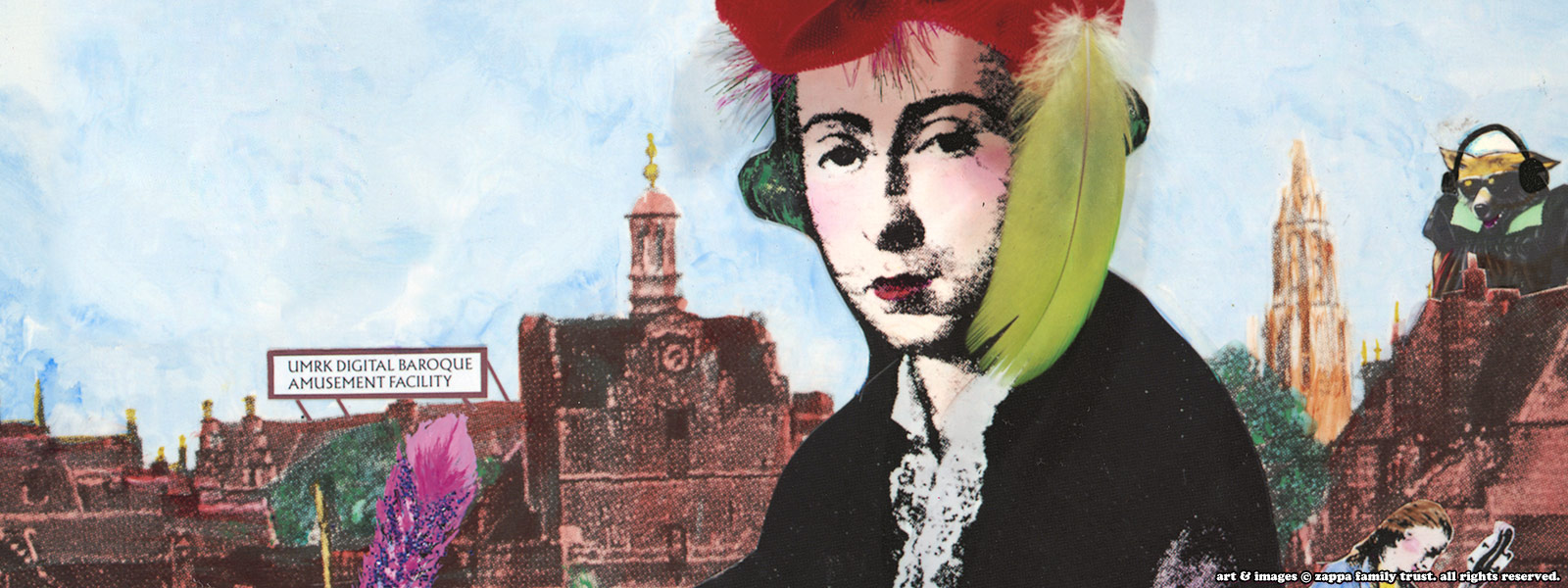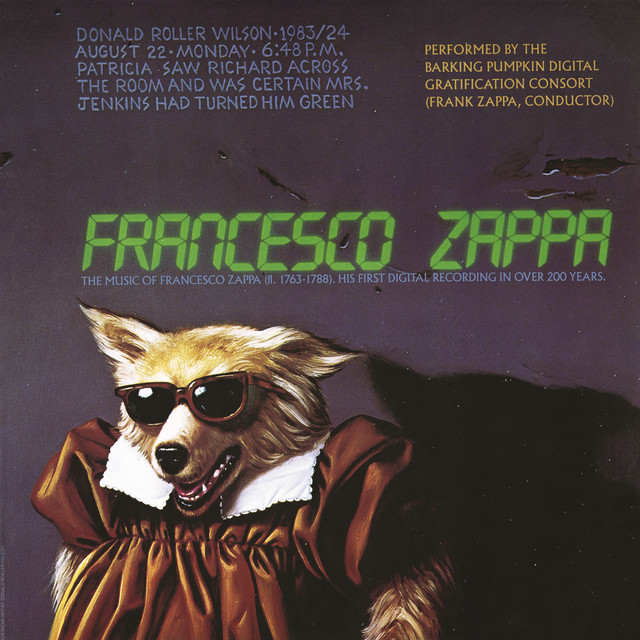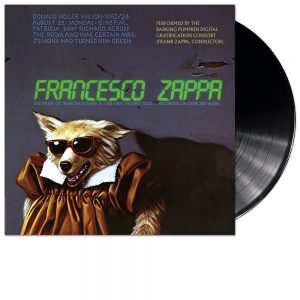Tracks
- Opus I - No. 1 1st movement Andante
- Opus I - 2nd Movement Allegro Con Brio
- Opus I - No. 2 1st Movement Andantino
- Opus I - 2nd Movement Minuetto Grazioso
- Opus I - No. 3 - 1st Movement Andantino
- Opus I - 2nd Movement Presto
- Opus I - No. 4 1st Movement Andante
- Opus I - 2nd Movement Allegro
- Opus I - No. 5 2nd Movement Minuetto Grazioso
- Opus I - No. 6 1st Movement Largo
- Opus I - 2nd Movement Minuet
- Opus IV - No. 1 1st Movement Andantino
- Opus IV - 2nd Movement Allegro Assai
- Opus IV - No. 2+ 2nd Movement Allegro Assai
- Opus IV - No. 3 1st Movement Andante
- Opus IV - 2nd Movement Tempo Di Minuetto
- Opus IV - No. 4 1st Movement Minuetto



